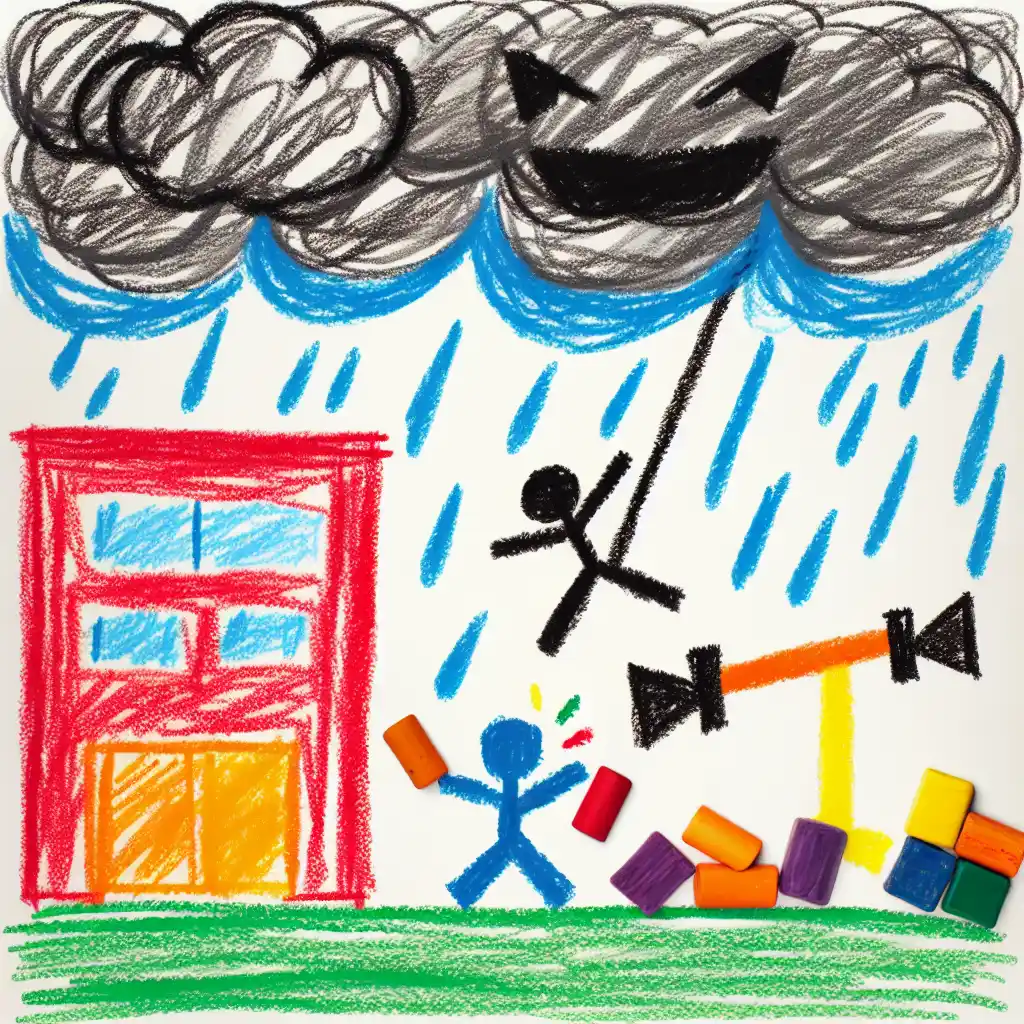Toy company may regret coming for “Sylvanian Drama” TikToker, experts say

Explain Like I'm 5
Imagine you have a toy set and you make up a funny, pretend play story with those toys. You decide to show your friends by making a video of the play. Now, the people who made those toys see your video and they're not too happy because they think it makes their toys look bad. They ask you to stop showing your video to everyone. But there's a twist! Some smart grown-ups think that stopping you might actually make more people interested in your video and feel a bit sorry for you. It’s like when someone tells you not to giggle during a quiet time—it just makes you want to giggle even more!
Explain Like I'm 10
Imagine you create a series of funny videos using a popular toy brand, like Sylvanian Families, and post them on TikTok and Instagram. You call it “Sylvanian Drama,” and it becomes quite popular. However, the company that makes these toys isn't laughing. They think the videos might be bad for their toy's image, so they ask you to stop making them. This is where things get spicy! By trying to stop you, the toy company could actually end up making more people interested in your videos. This is called the "Streisand effect," where trying to hide something makes it even more popular. Now, experts think the toy company might regret trying to stop you because it draws even more attention to your videos and makes people curious about what all the fuss is about.
Explain Like I'm 15
Let's dive deeper. The "Sylvanian Drama" series uses toys from the Sylvanian Families line to create parodic, dramatic storylines, shared on platforms like TikTok and Instagram. The creator of these videos found a niche audience who appreciated the humor and creativity of repurposing these toys in a way that’s vastly different from their original, wholesome image. However, the company that owns these toys wasn’t too thrilled, seeing the parody as potentially damaging to the brand's family-friendly reputation. They moved to shut down the series, citing reasons likely related to brand image and the use of their product in sponsored content without permission.
However, this action could backfire due to something known as the Streisand effect—where an attempt to hide, remove, or censor information has the unintended consequence of publicizing it more widely. Named after a 2003 incident involving Barbra Streisand, this phenomenon could mean increased visibility and support for "Sylvanian Drama," much to the chagrin of the toy company.
This situation opens up a discussion about fair use, creative freedom, and the power dynamics between large companies and individual content creators. The outcome of this conflict could set a precedent for how similar cases are handled in the future, influencing not just the legal landscape but also how companies interact with fan-made content. As for what happens next, it could go several ways depending on the legal paths the creator decides to pursue and how the public continues to respond. The broader implication here is a dialogue about the balance between protecting a brand and stifling creativity, a debate that's becoming increasingly relevant in our digital age.
Want to read the original story?
View Original Source